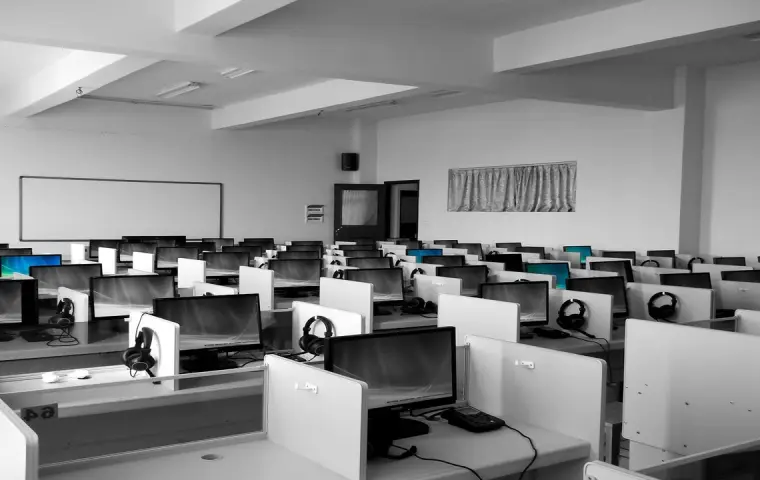
Simona Weinglass on an underground industry that stole billions of dollars from mom-and-pop investors worldwide.
“I think I would advise working in international teams. There is strength in numbers and in geographical variety.”
What were the major findings of your story?
I found that there was an underground industry, consisting of thousands of employees and hundreds of companies, that had stolen billions of dollars from mom-and-pop investors worldwide.
What was the impact of your story?
My story led to a 2017 law banning the entire industry as well as to the indictment of two dozen alleged fraudsters so far by the U.S. Justice Department and civil enforcement action against many more.
How did the story start and how did your team decide on the first steps to take in working on this story?
I was contacted by a whistleblower who had worked in the industry for a year and a half.
Did you receive any funding to do this story?
No.
How long did it take to report, write and edit this story?
The first story took about two months to report, write and edit.
What challenges did your team face while working with sources? How did you navigate these challenges?
Many of the sources were very scared. Most didn’t know who was behind this industry but many suspected they were dangerous people. We’ve had to significantly beef up our cyber-security. One big challenge has been people not being who they claimed to be. For instance, we were frequently approached by “money recovery” specialists who claimed to be opposed to the industry and we later learned were scammers themselves.
What resources and tools did your team find useful?
There are many binary options companies in the Panama Papers and I spent a lot of time pouring over those–they showed that the Ultimate Beneficial Owner’s (UBO) of this industry were an international group. Company databases are invaluable. I have friends with access to Orbis and Sparks (for Russian companies) but can’t afford them myself. My main source of information is the Israeli courts database. My work focuses on the offshore world and that is most frequently exposed through lawsuits.
What other challenges or barriers did your team face while working on the story or series, and how did you overcome these challenges?
We got lots of legal threats. Some of the stories we write take a week to write and then spend a week with the lawyers. It’s slow and laborious.
What advice would you give journalists working on similar investigations?
One of the most rewarding experiences I’ve had is working in teams, with journalists from around the world. For instance, I worked on a story about a fraudulent call center in Kyiv with the OCCRP and journalists in about two dozen countries. Each reporter did a little piece and it was amazing how the bigger picture became clear when it was reported from many countries at once. I think I would advise working in international teams. There is strength in numbers and in geographical variety.
Did your team face any pushback during or after the publication of this story?
Yes, we did, from high-priced lawyers. We dealt with it as best we could. There’s definitely a feeling sometimes that the criminals have the upper hand.
Did working on this story change your perspective as a journalist?
I don’t think so. I always admired writers and good journalists. When I read a really great piece of investigative journalism, I feel moved. I try to write what I like to read.

